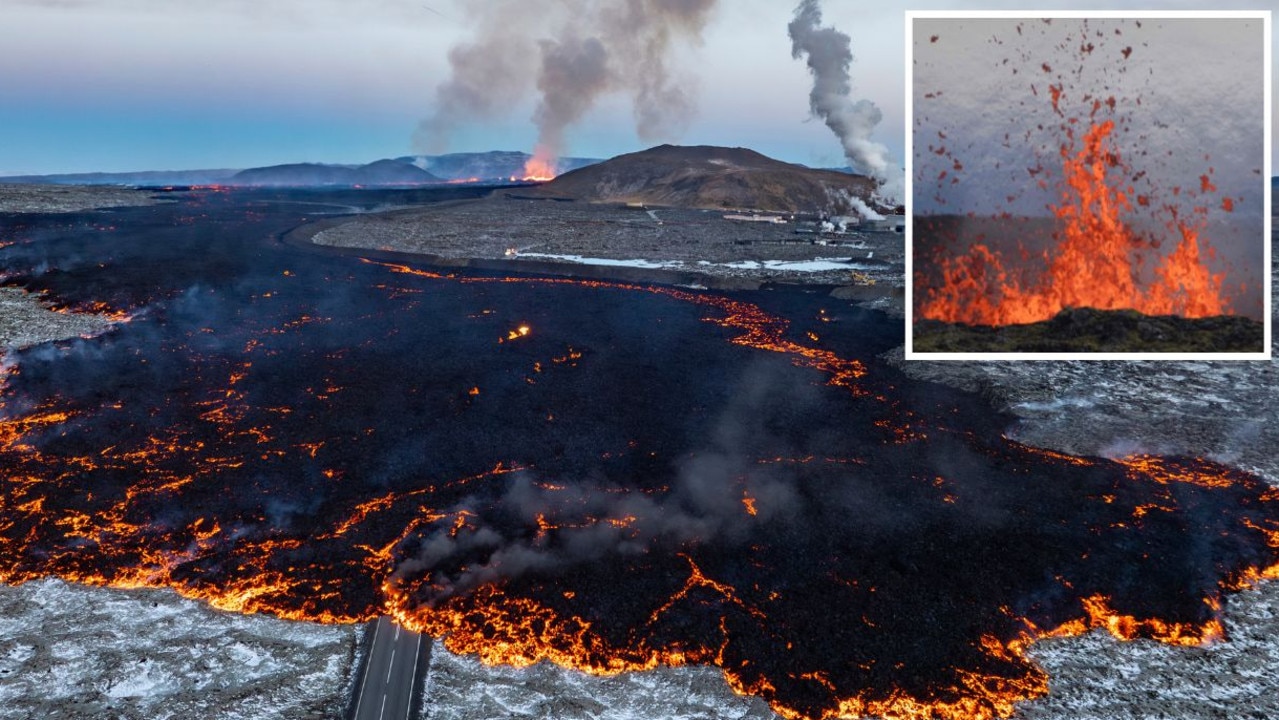Game-Changing Protests: How Ordinary People Redefined Power
Throughout history, protests have served as powerful catalysts for political change, often reshaping entire systems of governance and societal values. Below, we examine notable protests from around the globe that have not only disrupted the status quo but redefined the political landscapes of their nations.
1. India: The Salt March (1930)
The Salt March, led by Mahatma Gandhi, was a defining moment in India’s struggle for independence from British rule. It not only pressured the British Empire but also inspired future civil rights movements globally. The protest showcased the power of grassroots activism in achieving political transformation.
2. United States: The Civil Rights Movement (1950s–1960s)
The Civil Rights Movement, driven by leaders like Martin Luther King Jr., Rosa Parks, and Malcolm X, sought to dismantle racial segregation and institutional discrimination. Landmark protests, including the Montgomery Bus Boycott and the March on Washington, led to legislative milestones such as the Civil Rights Act of 1964 and the Voting Rights Act of 1965. The movement fundamentally altered American politics, embedding civil rights into the national consciousness.
3. South Africa: Anti-Apartheid Protests (1948–1994)
The fight against apartheid in South Africa spanned decades, with figures like Nelson Mandela and organizations such as the African National Congress (ANC) at the forefront. International solidarity movements and internal protests like the Soweto Uprising (1976) eventually forced the dismantling of apartheid laws. The transition culminated in South Africa’s first multiracial elections in 1994, marking a new era of democracy and equality.
4. France: May 1968 Uprising
What began as a student protest against traditional societal norms quickly escalated into a nationwide movement involving workers and intellectuals. The May 1968 protests paralyzed France, leading to social reforms, wage increases, and changes in the education system. Though the immediate political impact was limited, it ushered in a progressive cultural shift and set the stage for future liberal policies.
5. Iran: The Islamic Revolution (1979)
The Islamic Revolution in Iran saw mass protests against the authoritarian regime of Shah Mohammad Reza Pahlavi. The movement, led by Ayatollah Khomeini and fueled by dissatisfaction with Western influence, culminated in the establishment of the Islamic Republic. This marked a dramatic shift from a secular monarchy to a theocratic state, altering Iran’s internal politics and international relations.
6. China: Tiananmen Square Protests (1989)
The pro-democracy protests in Tiananmen Square were a watershed moment in China’s political history. Though brutally suppressed by the government, the protests brought global attention to human rights issues in China. While the Communist Party retained control, the crackdown shaped China’s political trajectory, driving the government to focus on economic reforms to maintain legitimacy.
7. Eastern Europe: The Fall of the Berlin Wall (1989)
Protests in East Germany and across the Eastern Bloc played a pivotal role in the collapse of Communist regimes. The peaceful demonstrations, such as the Leipzig protests, led to the collapse of the Berlin Wall, marking a defining moment in the conclusion of the Cold War. The reunification of Germany and the transition to democratic governance in Eastern Europe transformed the region’s political landscape.
8. Tunisia: The Jasmine Revolution (2010–2011)
The self-immolation of Mohamed Bouazizi sparked the Jasmine Revolution, leading to mass protests against unemployment, corruption, and political repression. This movement toppled Tunisia’s authoritarian regime and ignited the Arab Spring, inspiring uprisings across the Middle East and North Africa. Tunisia’s transition to democracy became a rare success story in the region.
9. Hong Kong: The Umbrella Movement (2014)
The Umbrella Movement, sparked by demands for universal suffrage, saw weeks of peaceful sit-ins and demonstrations. While the protests did not achieve immediate political reform, they galvanized a new generation of activists and highlighted the tension between Hong Kong’s autonomy and Beijing’s control. This movement continues to stand as a powerful emblem of defiance against oppressive rule.
10. Chile: 2019–2020 Protests for Social Equality
Protests in Chile began over a subway fare hike but quickly expanded into a broader movement against inequality and neoliberal policies. The demonstrations led to a national referendum, resulting in the drafting of a new constitution to replace the Pinochet-era charter. This marked a significant shift toward addressing systemic inequality in Chilean politics.
Final Thoughts
From India’s Salt March to the Arab Spring, protests have often been the spark that ignites profound political change. While the outcomes vary, these movements highlight the power of collective action in challenging entrenched systems and envisioning new possibilities for governance. These moments remind us that politics, at its core, is shaped by the will of the people.



